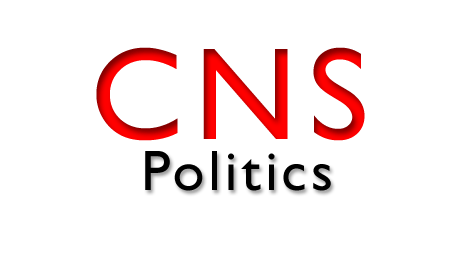ANNAPOLIS — No news is good news as Maryland’s expected revenues for this and the next fiscal years remain virtually unchanged, Comptroller Peter Franchot said Wednesday afternoon.
The Maryland Board of Revenue Estimates, with Franchot as its chair, released its March report for the current, 2015 fiscal year, which remained exactly the same as its previous forecast from December that wrote down $271 million in expected revenues over fiscal years 2015 and 2016. The board, which meets three times a year, had already written down $405 million in expected revenues in September.
The state is still expecting to rake in $16.2 billion in revenue for the upcoming fiscal year 2016, maintaining a 3.5 percent rise from the estimated fiscal 2015 income of $15.7 billion, the report indicated. The state collected $15.1 billion in fiscal year 2014.
of $15.7 billion, the report indicated. The state collected $15.1 billion in fiscal year 2014.
The report anticipates a nearly 5 percent increase in yields from both sales taxes — $4.1 billion in fiscal 2014 to $4.3 billion in fiscal 2015 — and income taxes — $8.5 billion in fiscal 2014 to $8.9 billion in fiscal 2015.
— $8.5 billion in fiscal 2014 to $8.9 billion in fiscal 2015.
Also of note: Estate and inheritance tax revenues are estimated to be 12 percent higher in fiscal 2015, at $239 million, than in fiscal 2014, when the state collected $214 million.
revenues are estimated to be 12 percent higher in fiscal 2015, at $239 million, than in fiscal 2014, when the state collected $214 million.
The state fiscal calendar runs from July 1st to June 30th.
Franchot said that while the board’s affirmation of its previous revenue projections is fine, it is not a cause to rejoice.
“It’s important to remember that these revenue estimates represent a very cautious and not overly optimistic view on Maryland’s near-term economic outlook,” Franchot said. “It’s important that we not confuse economic stability for sustained economic growth. And while we should be relieved that we aren’t here to further write down our revenue estimates, we can’t afford to be satisfied when considering the continued struggles facing far too many of our friends and neighbors in the Maryland economy.”
struggles facing far too many of our friends and neighbors in the Maryland economy.”
Franchot, a Democrat, has been critical of the state’s economic policies and lack of growth in the past, saying Maryland is too reliant on federal spending, which he reiterated Wednesday.
“The federal government remains a major economic asset, but like with any portfolio, over-reliance on it carries significant risks,” Franchot said. “A sustained economic recovery comes down to quality, family-supporting jobs, and the only way to create and retain those jobs is to instill confidence in our consumers to spend, and in our businesses to expand and hire .”
.”
Treasurer Nancy Kopp, a Democrat, was also cautiously optimistic about the board’s report.
“The story, I believe, remains to be one of slow recovery,” Kopp said. “What the revenues do mean is we are continuing on a slow slope upwards, and that’s good.”
on a slow slope upwards, and that’s good.”
The Board of Revenue Estimates is responsible for approximating state revenues. Along with Franchot, the board also includes Kopp, David Brinkley, the state department of budget and management secretary, and Andrew Schaufele, director and executive secretary of the board.
Brinkley, in his first meeting as a member of the board, said the estimates stick to the guidelines of Republican Gov. Larry Hogan’s proposed budget. He also expressed the state’s hope that it can find some extra funds before the final budget is approved by the state legislature, but clarified that he is not optimistic.
Senate President Thomas V. “Mike” Miller Jr., D-Prince George’s, Charles and Calvert, said Wednesday morning that public education will be the recipient of any extra money in the state budget.
“When we find additional monies, we’re going to recycle and public education is going to be our No. 1 goal,” Miller said, who added that funding from other departments could be cut in order to find money for schools. “We’re going to find more money for public education. It’s democracy’s first line of defense, so mark my word: It’s going to happen.”

